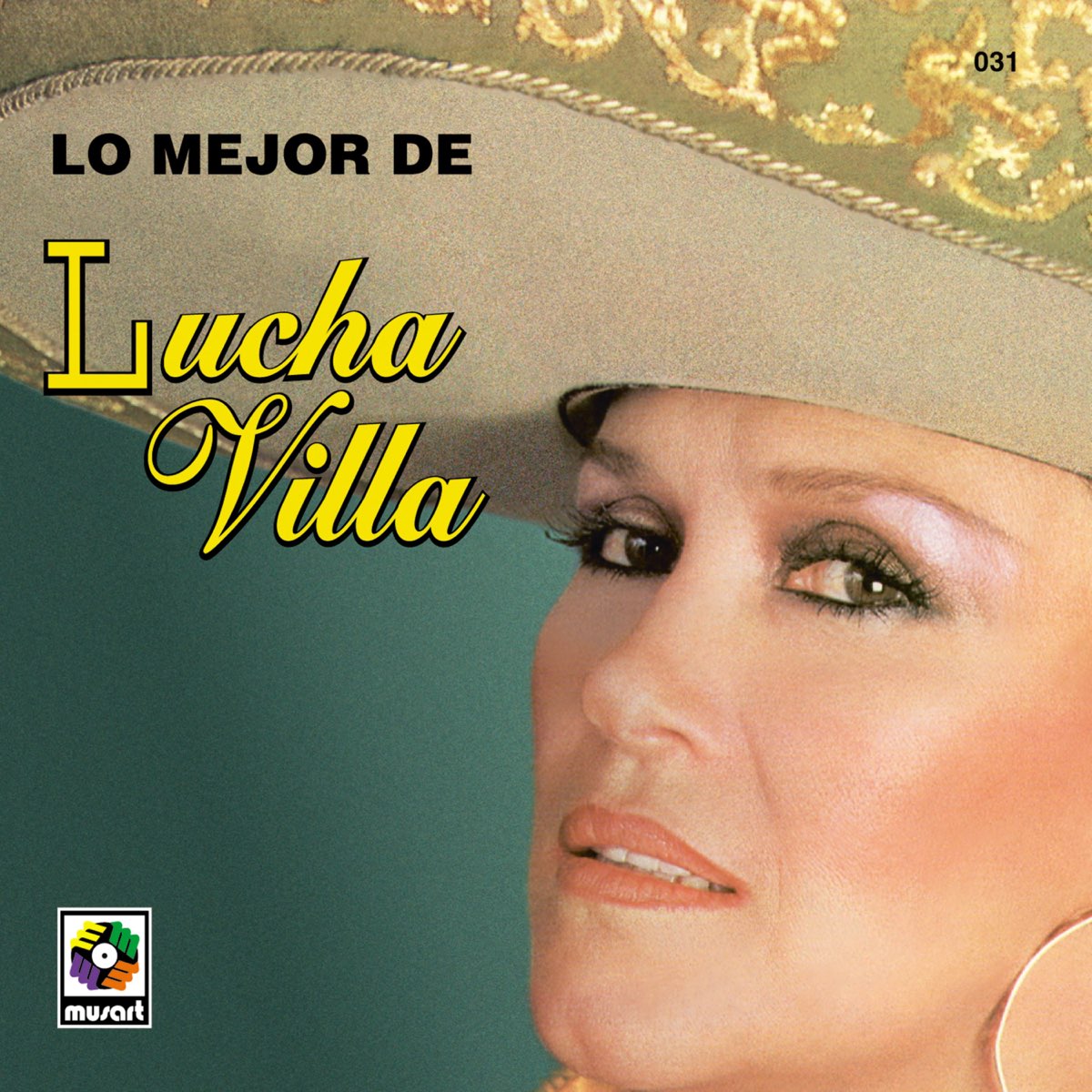Anyone else had a “mariachi trio wednesday afternoon” recently?
Since its launch in September, Spotify’s personalized “day in a playlist” — aptly named daylist — has given users excessively long, goofily-named moods every few hours.
Sometimes, it’s a “chill hip hop trap soul tuesday morning.” Other times, it’s a “hopeless romantic slow dance saturday evening.”
And I have to say, I agree with the playlist every time.
Aside from its uncanny ability to match the mood any given hour of any given day, I especially appreciate how the individualized playlists interpolate various artists that aren’t in my typical listening lineup.
One fateful Wednesday afternoon, I was introduced to the wondrous gusto of Lucha Villa, the most well-known ranchera singer in Mexico’s history.
Ranchera, or traditional Mexican music, is a historically male-dominated genre. Notorious names like Vicente “El Rey” Fernández, Antonio Aguilar and Javier Solís come to mind as some of the most notable singers in the industry — whose names were interspersed on my daylist.
Villa’s “Amémonos” and “Te Traigo Estas Flores” shined on my daylist, offering my first glimpse into her trailblazing influence on ranchera music.
Hailing from Chihuahua, Mexico, not much else is known about Luz Elena Ruiz Bejarano’s early life. Born in 1936, she took the pseudonym “Lucha Villa” after appearing in multiple films throughout the 1960’s and early ‘70s.
Television producer Luis Dillon, who frequently worked with the singer-actress, combined her name with Mexican revolutionary Pancho Villa, who served as the governor for their home state.
Frustrated with the lack of online information on Villa’s life, I turned to her discography to find out more.
“Amémonos” details the visceral emotions following yearning for a lost love. Accompanied by soft violins and braying trumpets, Villa’s naturally deep voice reverberates against otherwise tranquil instrumentation.
“Amar es empapar el pensamiento / Con la fragancia del edén perdido / Amar, amar es llevar herido / Con un dardo celeste el corazón,” Villa belts in the corrido.
The beauty of ranchera music lies in its swiftness. Typically, the ballads are no longer than three minutes. Yet, despite their rather short listening times, their lyrics — often beckoning the listener to reminisce on heartbreak and loss — excel in their storytelling abilities.
Somehow, in that short span of time, I’m tearing up over the cheating vaquero husband I never had.
This sentiment is a rather refreshing one, as most male ranchera songs reflect machista, womanizing traditions otherwise widely accepted in the Mexican diaspora. While popular ranchera artists sing of heartbreak through a hyper-masculine lens, female artists such as Villa actively reject these norms — offering a refreshing take on the genre.
While Villa, 87, hasn’t been active in the music scene since falling into a coma after a 1997 surgery, other promising female artists rose to the occasion and continue to pave the way in the genre.
Grammy-nominated Ángela Aguilar, a Mexican-American artist, is best known for her takes on the Regional Mexican genre. At just 20 years old, she is one of the youngest artists to ever be nominated for both a Grammy and Latin Grammys.
She is part of La Dinastía Aguilar, a musical dynasty — her grandfather was famed actor-singer Antonio Aguilar and her father is four-time Grammy-winning Pepe Aguilar.
With Women’s History Month coming to a close, it only felt right to showcase female artists. Beyond the scope of the 31-day-long celebration, Aguilar, Villa and other celebrated ranchera singers are year-round delights.
“La Ramírumba” is deputy arts editor Angela Ramírez’s recurring Latin music column.
Featured image courtesy of Concord Music Group, Inc.









